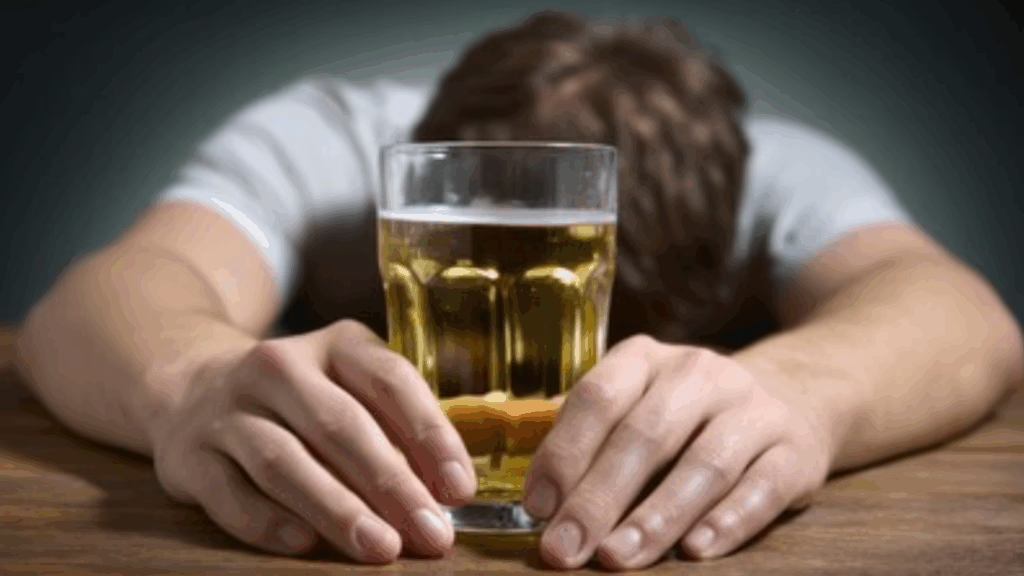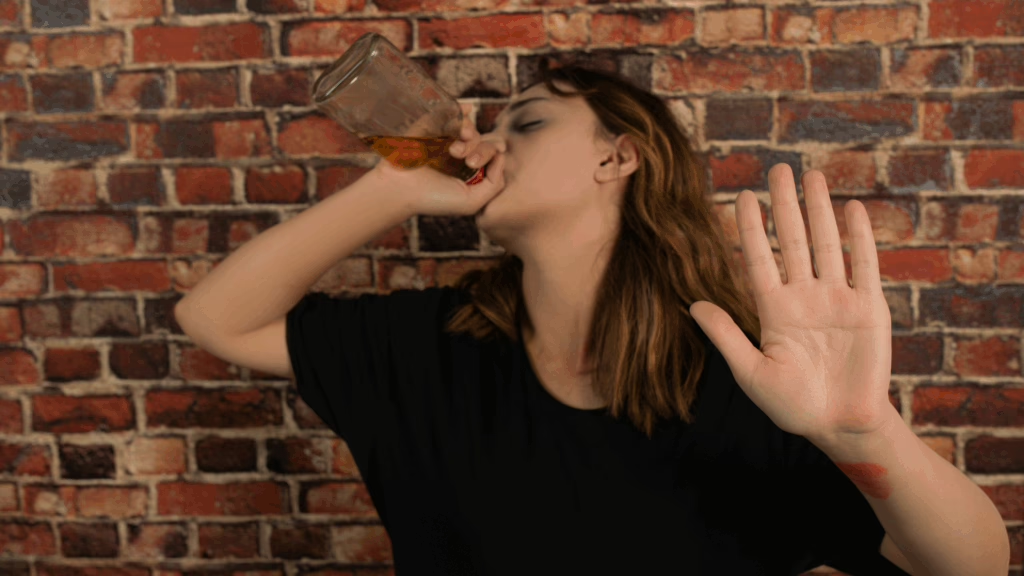Gender Identity and Mental Health
Gender Identity and Mental Health Your gender identity is a significant part of how you see yourself and how you move through the world. When it is affirmed, you are more likely to feel grounded and connected. But when it’s questioned and dismissed at every turn, in every sphere of life, it can be devastating…
Read MoreHow Would An LGBTQ Inclusive Detox Work Better For You
How Would an LGBTQ-Inclusive Detox Work Better for You? An LGBTQ-Inclusive detox program should support you beyond the physical process of withdrawal. It should make you feel safe, understood, and supported during one of the most vulnerable experiences of your life. Traditional detox centers often feel isolating or even unwelcoming for LGBTQ people, with staff…
Read MoreTop Drug Detox in Long Beach, California
Top Drug Detox in Long Beach, California Finding the right place to start your recovery is one of the most critical steps toward a better future. If you’re searching for the top drug detox in Long Beach, California, you’re in the right place. Pride Detox, a top drug detox in Long Beach, California, considers that…
Read MoreSigns of Alcohol Withdrawal
Signs of Alcohol Withdrawal People who suddenly stop or decrease their alcohol intake after a period of regular or binge drinking may notice signs of alcohol withdrawal. These withdrawal symptoms include anxiety, low mood, excessive sweating, tremors, and headaches. They happen because the brain adjusts its chemistry to balance out alcohol’s depressant effects. This is…
Read MoreLGBTQ-Friendly Drug Rehab
LGBTQ-Friendly Drug Rehab The term “LGBTQ-friendly drug rehab” appears on many treatment websites. It may seem reassuring and suggest a center is welcoming to lesbian, gay, bisexual, transgender, and queer people. Too often, though, this label is just a marketing tactic. Recovery is a vulnerable process, and surface-level acceptance is simply not enough. LGBTQ people…
Read MoreIs Alcoholism a Disease or a Choice?
Is Alcoholism a Disease or a Choice? In every era and every age, the word “Alcoholism” has always popped up in society. However, regardless of its recurring usage, the term is still surrounded by confusion, judgment, and stigma. For decades, society has argued about the cause of alcoholism and why it is so prevalent. Some…
Read MoreHow to Know It’s Time For Alcohol Rehab- Signs You Shouldn’t Ignore
How to Know It’s Time for Alcohol Rehab – Signs You Shouldn’t Ignore Deciding to get help for alcohol use disorder (AUD) is one of the most important steps to recovery a person can take. Still, people rarely notice when it is time for alcohol rehab. If you are unsure whether you or someone you…
Read MoreHow Alcoholism Impacts Sleep, Sex, and Self-Esteem in LGBTQ+ Individuals
How Alcoholism Impacts Sleep, Sex, and Self-Esteem in LGBTQ+ Individuals Alcohol is generally considered a social lubricant—a way to loosen up, connect more freely, or quiet the noise in your head. LGBTQ+ people may abuse alcohol to escape from anxiety, shame, and the exhaustion of living in a world that does not make space for them.…
Read MoreLGBTQ Detox Near San Diego
LGBTQ Detox Near San Diego? Find Safe, Affirming Care at Pride Detox If you’re searching for “LGBTQ detox near San Diego,” you’re not alone. Many LGBTQ+ individuals struggle to find addiction treatment centers that truly understand their needs. While San Diego is known for being LGBTQ-friendly, the city lacks LGBTQ-specific detox centers. That’s where Pride…
Read MoreLink Between Gender Dysphoria and Substance Use
Link Between Gender Dysphoria and Substance Use Many transgender people live with a deep feeling that their body doesn’t match who they are inside, a phenomenon called gender dysphoria. It’s more than just feeling uncomfortable. It can lead to sadness, anxiety, and stress every day. For some, this pain becomes too much to carry alone,…
Read More









